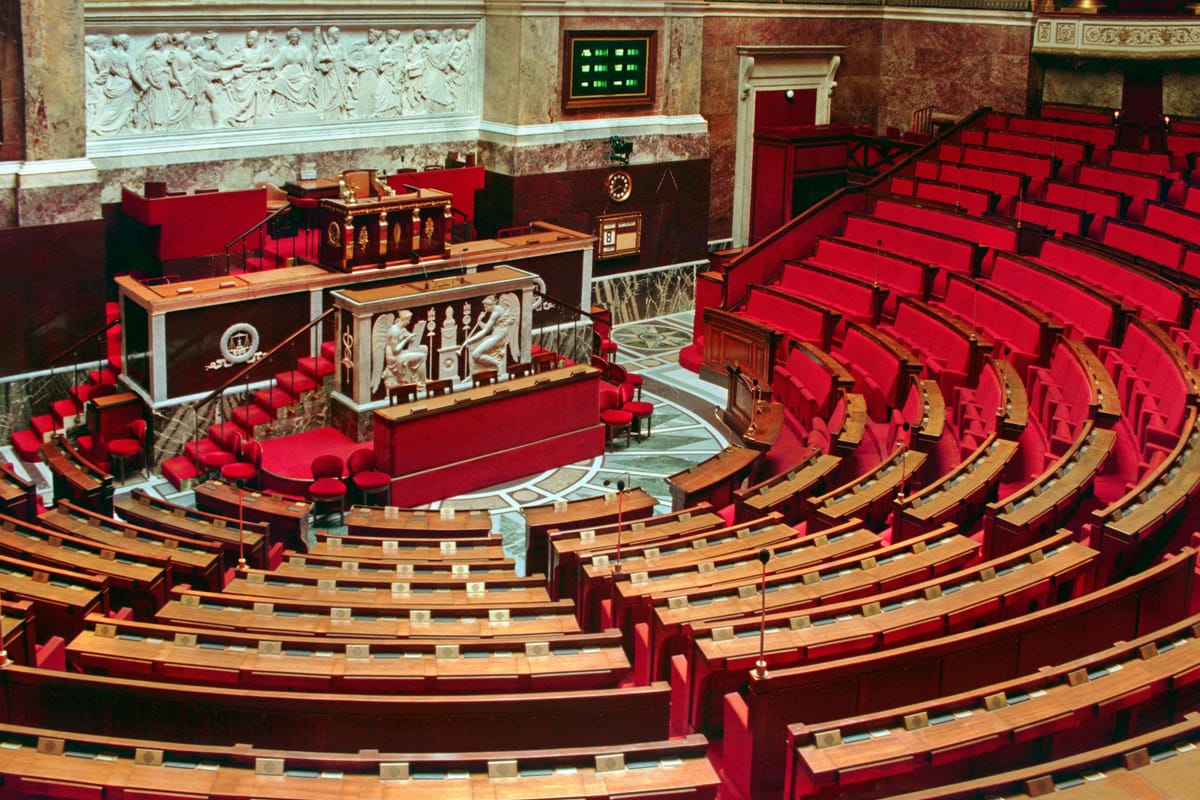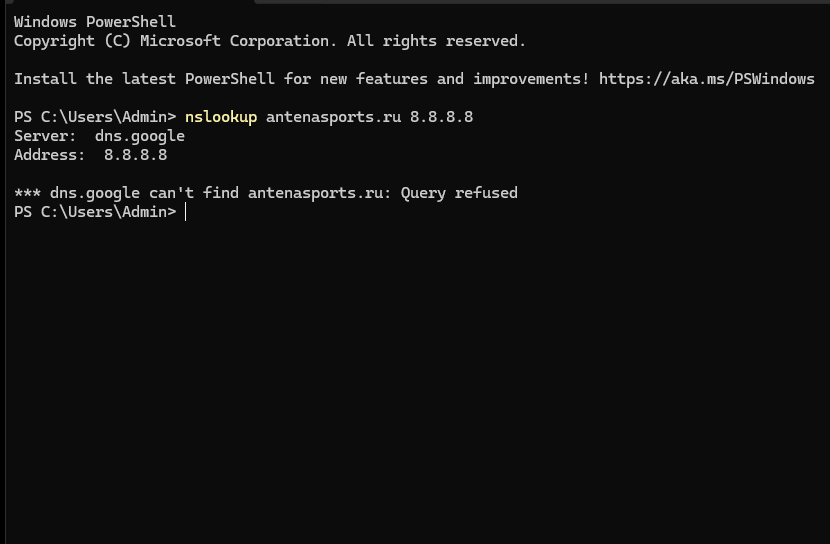Election Special: Did France Go Right?
In the first-round of snap elections, the far-right National Rally takes the lead.

The recent French parliamentary elections have brought forth surprising results that could have far-reaching implications for the nation’s political landscape. With the far-right National Rally, led by Marine Le Pen, securing the highest percentage of votes in the first round at 33.1%, the election has revealed significant shifts in voter sentiment. Although this result marks a smaller percentage than Le Pen's performance in the last presidential election, the fact that the National Rally led the first round is a notable milestone for France’s far-right movement.
France’s unique electoral system adds complexity to the race. The two-round system requires candidates to reach a set threshold to proceed to the second round, encouraging political alliances in order to maximize the chances of winning seats in the National Assembly, the lower house of Parliament.
The key alliance on the left is the so-called New Popular Front, a left-wing coalition led by Jean-Luc Mélenchon, which united the Socialists, Greens, France Unbowed and Communists under a single banner. This alliance achieved 28% of the vote in the first round, a notable consolidation of left-wing power.
As the election approaches its second round, various scenarios could unfold with significant consequences for Macron's presidency. While the National Rally is expected to secure a relative majority in Parliament, the possibility of an absolute majority by either the National Rally or the New Popular Front remains. Should the National Rally gain an outright majority, Macron, with two years left in his term, could be forced into a "cohabitation" arrangement, requiring him to appoint a prime minister from an opposing party. This outcome would considerably reduce Macron’s power and influence over the legislative agenda.
The potential for a coalition between Macron’s party and the National Rally, despite their ideological differences, reflects the increasingly worrying state of French politics. This election may signal a shift away from France’s traditional power structures, creating an environment where new alliances and unexpected outcomes shape the nation’s future.




